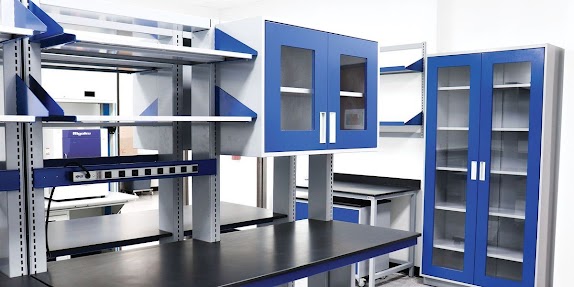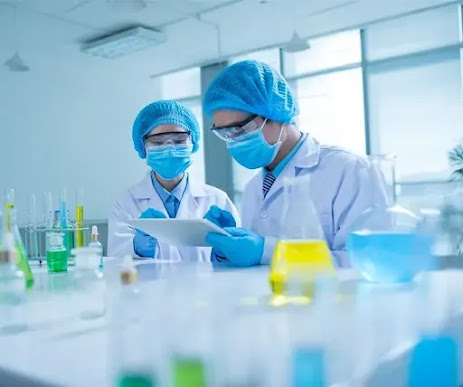Essential Laboratory Equipment: A Comprehensive Guide to Boosting Scientific Excellence
Introduction:
Laboratories serve as the epicenter of scientific discovery, innovation, and breakthroughs. Behind every groundbreaking research study or medical advancement lies a well-equipped laboratory armed with state-of-the-art tools. In this blog post, we will explore the essential laboratory equipment that plays a crucial role in facilitating various scientific experiments, analyses, and investigations.
- Microscopes: Unlocking the Microcosmos
Microscopes are the gateways to the unseen world, enabling scientists to explore the intricate details of cells, microorganisms, and other microscopic structures. From simple light microscopes to advanced electron microscopes, these instruments are indispensable for researchers across diverse fields such as biology, medicine, and materials science.
- Centrifuges: Separating Powerhouses
Centrifuges are workhorses in the laboratory, providing the ability to separate components based on density. This equipment is vital for tasks like isolating DNA, separating blood components, and preparing samples for analysis. With various types such as ultracentrifuges and refrigerated centrifuges, researchers can customize their approach to meet specific experimental needs.
- Spectrophotometers: Illuminating Molecular Insights
Spectrophotometers are key instruments for analyzing the absorption and emission of light by substances. Widely used in chemistry and biochemistry, these devices help quantify the concentration of substances, identify molecular structures, and assess reaction kinetics. UV-Visible, infrared, and fluorescence spectrophotometers are among the diverse options available.
- Autoclaves: Sterilization Guardians
Maintaining a sterile environment is paramount in laboratories, especially in microbiology and molecular biology. Autoclaves use high-pressure steam to sterilize equipment, glassware, and media, ensuring that experimental conditions remain free from contaminants. This equipment is crucial for reliable and reproducible results.
- Incubators: Nurturing Growth and Cultures
Incubators provide a controlled environment for the cultivation of cells, microorganisms, and tissues. These devices regulate temperature, humidity, and other conditions necessary for optimal growth. Incubators play a pivotal role in cell culture, microbiology, and various life science experiments.
- PCR Machines: Amplifying Possibilities
Polymerase Chain Reaction (PCR) machines are instrumental in the amplification of DNA, a fundamental step in genetic research and diagnostics. These machines enable the targeted replication of specific DNA sequences, making it possible to analyze and manipulate genetic material with precision.
- Chromatography Systems: Separating Mixtures with Finesse
Chromatography systems are invaluable tools for separating and analyzing complex mixtures. Gas chromatography (GC), liquid chromatography (LC), and high-performance liquid chromatography (HPLC) are widely used techniques for characterizing compounds in diverse samples, ranging from environmental pollutants to pharmaceuticals.
Conclusion:
The progress of science is intricately tied to the quality and capabilities of laboratory equipment in UAE . From the exploration of the microscopic world to the amplification of genetic material, each piece of equipment contributes to the advancement of knowledge and the improvement of human health. As technology continues to evolve, so too will the tools available to scientists, opening new frontiers in research and discovery. Whether you are a seasoned researcher or a budding scientist, understanding and utilizing these essential laboratory instruments is the key to unlocking the secrets of the natural world.




Comments
Post a Comment